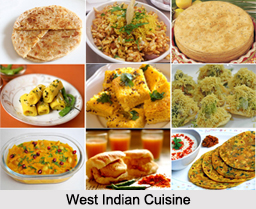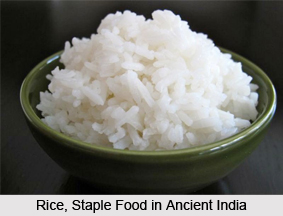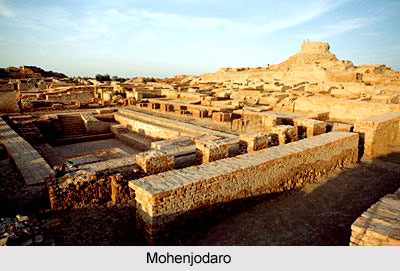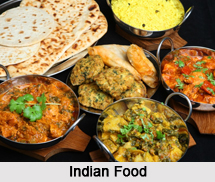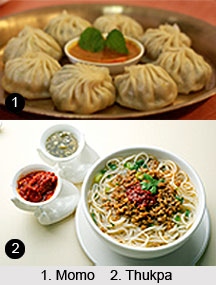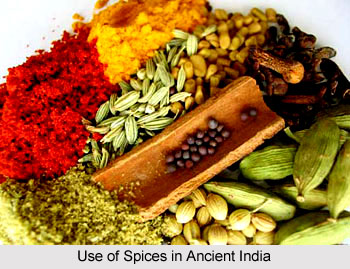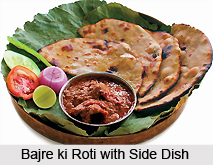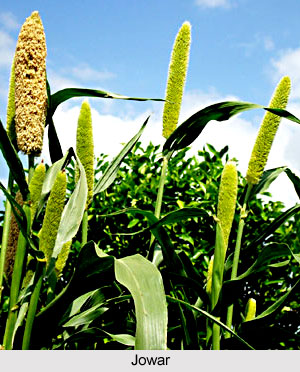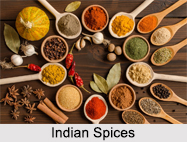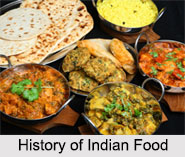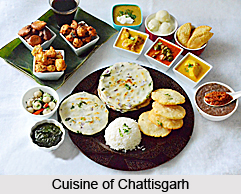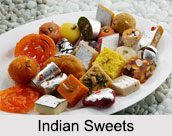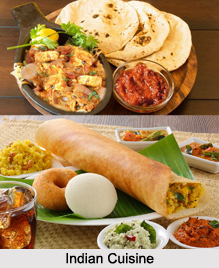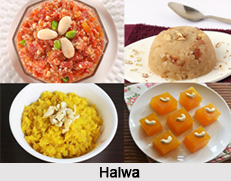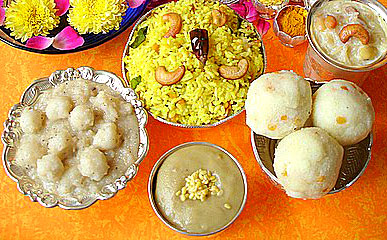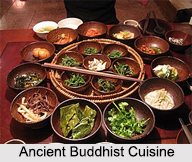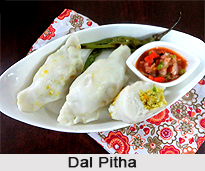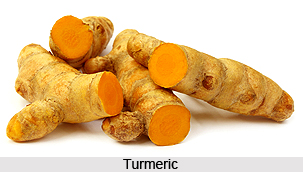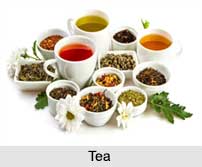 Tea is a beverage made by steeping processed leaves, buds, or twigs of the tea bush (Camellia sinensis) in hot water for a few minutes. India is the second largest producer of tea in the world after China and is the most widely consumed drink in the world. The Indian tea production has grown to own many global tea brands and has developed to one of the most technologically equipped tea industries in the world.
Tea is a beverage made by steeping processed leaves, buds, or twigs of the tea bush (Camellia sinensis) in hot water for a few minutes. India is the second largest producer of tea in the world after China and is the most widely consumed drink in the world. The Indian tea production has grown to own many global tea brands and has developed to one of the most technologically equipped tea industries in the world.
History of Tea in India
Consumption of tea in India was first clearly documented in the Ramayana (750-500 BCE). Commercial production of tea in India did not begin until the appearance of the British East India Company. The general recognition of tea as a recreational drink began in deep in the 1920s. Different Chinese varieties of tea were first introduced into India by the Britishers. Tea was initially consumed only by Anglicized Indians. The British East India Company began large-scale production of tea in Assam in 1820s. British East India Company took over the area from the Ahom kings through the "Yandaboo Treaty" in 1826.
Types of Tea in India
India tea types are classified in different ways. The major tea-producing states in India are: Assam, West Bengal, Tamil Nadu, Kerala, Tripura, Arunachal Pradesh, Himachal Pradesh, Karnataka, Sikkim, Nagaland, Uttarakhand, Manipur, Mizoram, Meghalaya, Bihar, Odisha. There are different types of tea in India which are as follows:
•Masala Chai
•Butter Tea
•Assam Tea
•Darjeeling Tea
•Nilgiri Tea
•Dooars and Terai Tea
•Kangra Tea
•Annamalais Tea
•Wayanad Tea
•Karnataka Tea
•Munnar Tea
•Travancore Tea
•Plain Chai
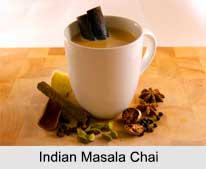 Tea Production in India
Tea Production in India
Indian tea companies have acquired a number of iconic foreign tea enterprises including British brands Tetley and Typhoo. India is also the world`s largest tea-drinking country. The tea plant has very specific requirements in terms of soil and climatic conditions. Indian tea is primarily cultivated in the hills of North-eastern and Southern states. Tea plants are circulated from seed and cuttings. A tea plant will grow up into a tree of up to 16 metres (52 feet) if left untouched however, cultivated plants are usually pruned to waist height for ease of plucking. The short plants bear more new shoots which supply new and tender leaves and add to the class of the tea.
Use of Tea in India
Tea is a natural hair conditioner and skin vitalizer also. Tea is also the `State Drink` of Assam. Tea is also mixed with some traditional herbs in India. According to the scientists, tea contains compounds that may help reduce inflammation and help arthritis. Tea is made both at home and outside in India and is the most easily found in stalls on streets. Tea in India is consumed with both milk and sugar. Tea production, documentation, exportation, and all other features of the tea trade in India are controlled by the Tea Board of India.
